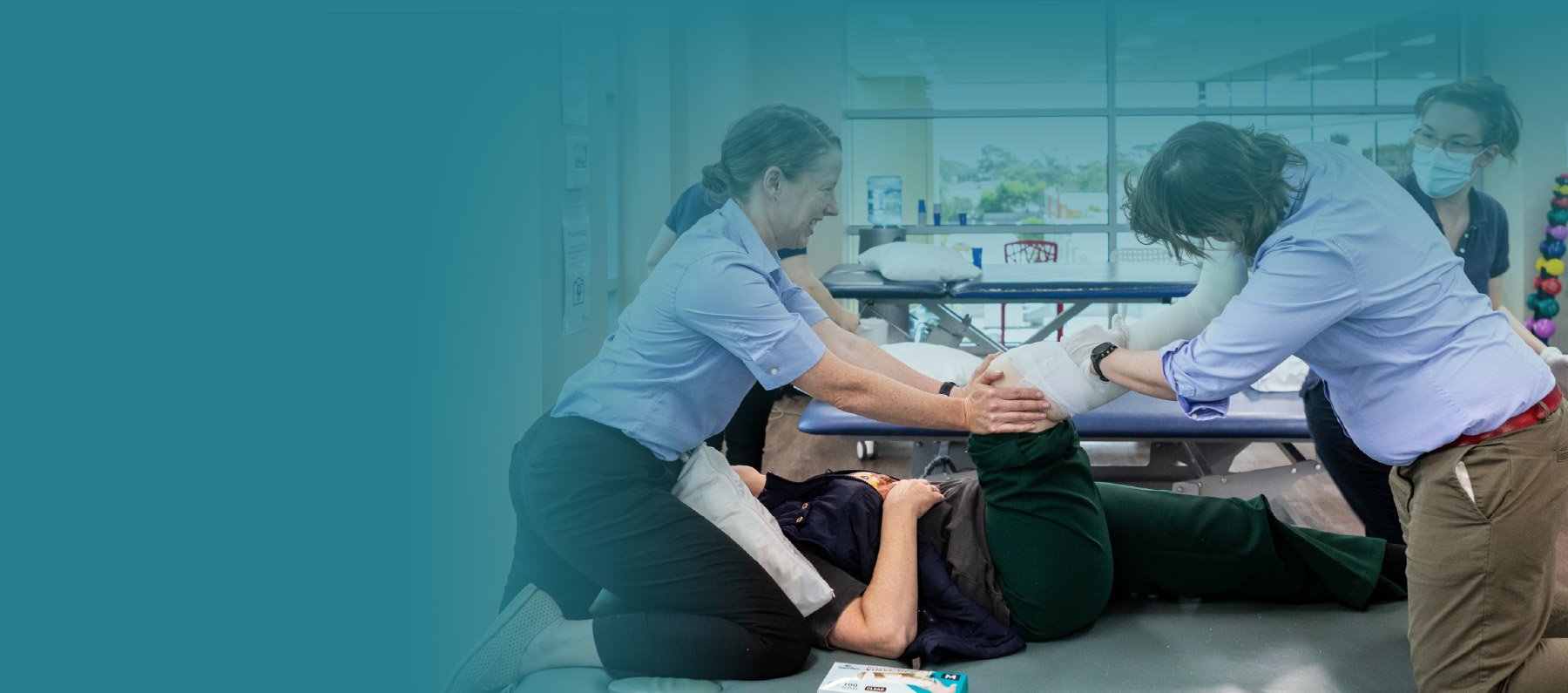
Conditions Treated
FUNCTIONAL NEUROLOGICAL DISORDER
Functional neurological disorders (FND) describe a broad range of neurological symptoms caused by a problem with the functioning of the nervous system. It is a software issue of the brain or spinal cord, not the hardware.
People with FND can present with different problems including weakness, reduced sensation, inefficient movement patterns, speech difficulties and blackouts which may impact their ability to participate in the things they used to enjoy and reduce their quality of life.
What We Offer
At the Neurological Rehabilitation Group, we can help to improve your quality of life, maximise your function and provide you with tailored treatment plans directed towards achieving your goals. Our therapists are skilled in assessing, treating, and managing people with functional neurological disorders and patients with functional motor symptoms. They will provide you with a comprehensive assessment of the body systems affected in your specific case and use their analysis skills to look at your movement patterns, gait disturbances, and function.
Our therapists see a variety of people who present with functional neurological disorders and provide specialised treatment depending on the client’s goals and current situation. This may include:
Education to facilitate a greater understanding of what FND is, pacing and strategies to help manage your symptoms
Mobility practice including exploring functional skills such as transfers, standing, gait or balance training or stair climbing practice
Carer training to facilitate skill practice at home and identification of barriers to implementation
Developing a tailored program and strategies for you to use to manage your symptoms daily such as attentional divergence or grounding strategies
Review and prescription of equipment that may be required to support your function
Off-site hydrotherapy
Our therapists can refer or liaise with health professionals involved in your care including your medical team, speech therapy, occupational therapy, dietitians, orthotists, or neuropsychologists. They will also liaise with your appropriate funding bodies to support your needs.
For further information and support:
